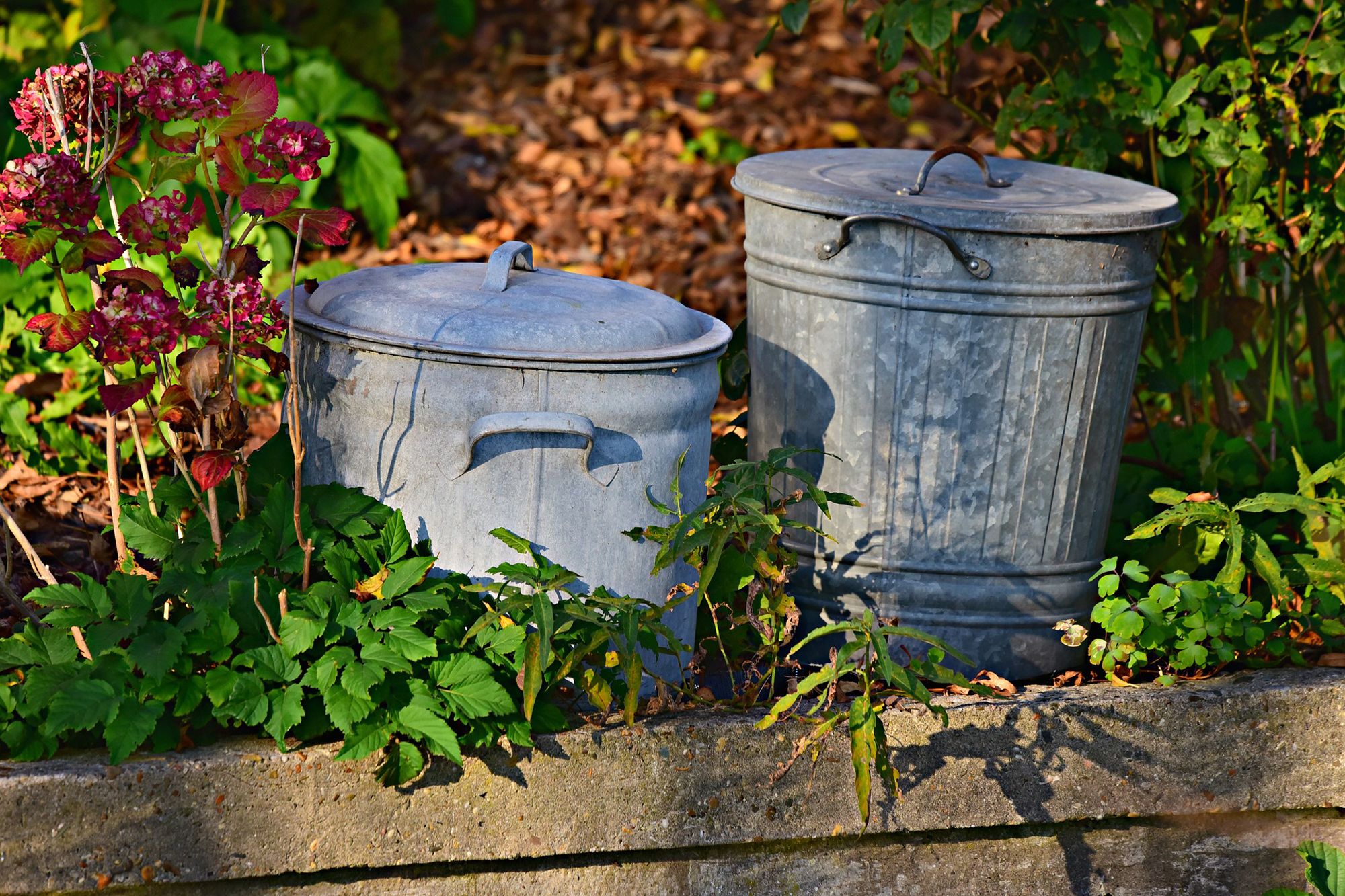Top 3 Strategies to Create a Zero Waste Business Going beyond a recycling bin by our desks and metal straws in the staff kitchen, here are the top three high-level strategy tips to implement into your business for a zero-waste approach in 2019
Opinions expressed by Entrepreneur contributors are their own.
You're reading Entrepreneur Asia Pacific, an international franchise of Entrepreneur Media.

Modern-day waste is currently being treated with an "out of sight, out of mind" attitude. If we can't see our waste, it doesn't exist. But this mindset is directly making businesses complacent, and more importantly financially irresponsible when believing that for reduction of waste means a rise in costs and expenditure.
The way we conduct business through production, transportation, consumption and the discarding of materials, all attribute to the landfill issues that are rapidly becoming a real problem for our government and citizens alike.But, what if there was a way to create a successful business without the waste? Being mindful of your waste in the workplace isn't something that is being brushed off like it might have been ten years ago, with more and more employees and managers implementing huge strategies to ensure their businesses are operating in an eco-conscious manner for the betterment of our environment.
According to the Zero Waste Alliance, "Zero Waste is a goal that is ethical, economical, efficient and visionary, to guide people in changing their lifestyles and practices to emulate sustainable natural cycles, where all discarded materials are designed to become resources for others to use."Zero Waste means designing and managing products and processes to systematically avoid and eliminate the volume and toxicity of waste and materials, conserve and recover all resources, and not burn or bury them. Implementing Zero Waste will eliminate all discharges to land, water or air that are a threat to planetary, human, animal or plant health."
Going beyond a recycling bin by our desks and metal straws in the staff kitchen, here are the top three high-level strategy tips to implement into your business for a zero-waste approach in 2019.
Conduct an Audit on your Current Waste Streams
It's easy to introduce a new piece of tech or office rule to cut down on your waste, but without treating your current waste streams like a business system that needs improvement, these efforts will only act as a band-aid on a much larger issue, which is temporary. Take a step back and fully analyse all aspects of where waste is being produced and how it's being discarded. Are there ways in which you can stop the creation of the waste or re-route to waste in your business to be reused someplace else? A great example of this is identifying areas in which you might be over providing resources. Instead of delivering corporate reports and document to every staff member on paper, digitalise it and offer physical copies as a back-up to those who might want them.
Designate a Role to Zero-waste
When you're serious about waste management, it's going to be a no-brainer to delegate this work to an existing or new staff member. Having someone (or even a committee!) who always have zero waste on their minds is going to fill in any blanks that might have been missed during your audit and ensure that the new systems being introduced are executed and adopted by staff properly. Knowing that the goal for zero-waste not only comes with the extra added benefits of saving dollars in the long run, it's also a great initiative for your company's image and could even be a great PR angle to show that your business is leading the way in real zero-waste implementation.
Set your Waste Reduction Goals
Once you've started working with the intention to build a zero-waste business, understand that this might take some time to effectively be implemented (especially in large and established companies). With your waste management employee or team, set realistic goals in-house for you to aim for to one day when the company becomes completely zero-waste! It could be that you want to reach zero-waste by 2025 but have yearly KPIs in place that will build towards that larger, long-term goal. Remember, waste management can be orchestrated on many different levels in the company, and to completely change your current level of waste is not going to happen in one go. Set attainable short, medium and long-term goals, and work towards them!
Leading a business that is conscious about their environmental impact and how they manage their waste internally is something that might take time but will construct a foundation for positive growth, and even promote productivity in work output and a reduction in financial expenditure when implemented. Further, with these amazing additions, aiming for zero-waste creates a philosophy within the organisation where employees can feel cared for in a society where the average person is concerned about their environmental impact, and that the company they work for is one that promotes sustainability long-term and is on the forefront of eco-consciousness in business.










